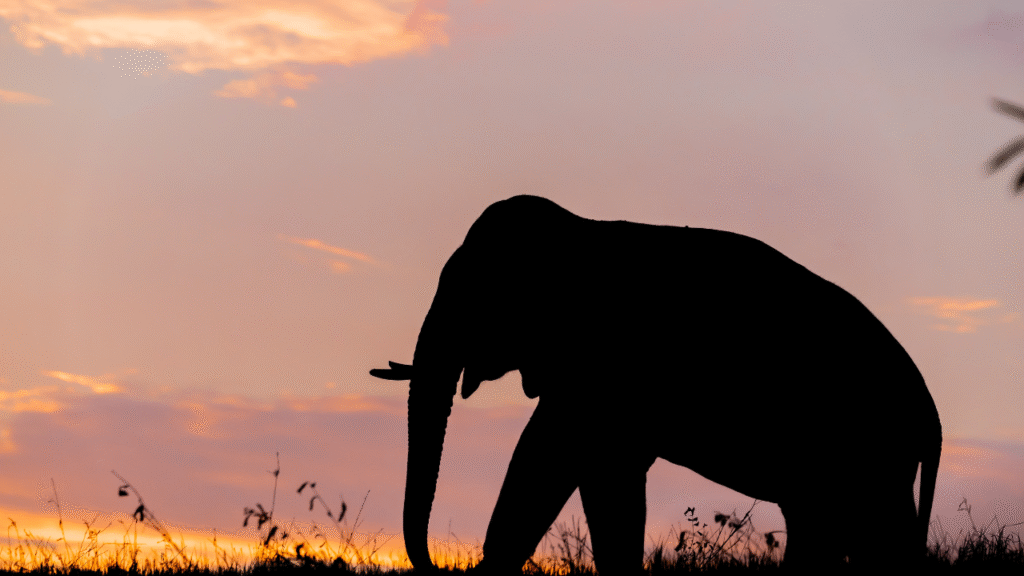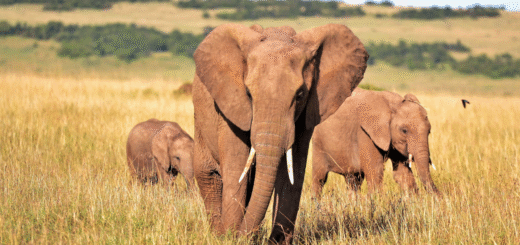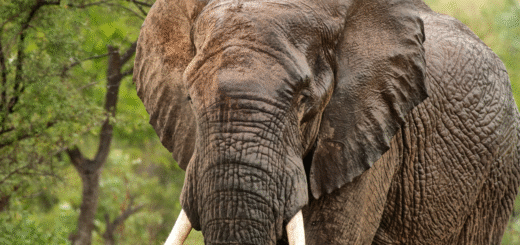The Best Places to See Elephants in the Wild (Ethically)
Elephants are among the most intelligent and emotionally complex animals on Earth. Observing them in their natural environment is a breathtaking experience—but only when done ethically. In recent years, the demand for responsible wildlife tourism has grown. People want to experience elephants without cages, chains, or exploitation. Here are some of the best places to see elephants in the wild ethically, where conservation and animal welfare are top priorities.

1. Chobe National Park – Botswana
Why it’s ethical: Chobe boasts one of the largest elephant populations in Africa. Safari tours are strictly regulated to minimize disruption to wildlife. Elephants roam freely across vast landscapes, often in large herds near the Chobe River.
Best time to visit: May to October (dry season for best sightings).
2. Amboseli National Park – Kenya
Why it’s ethical: Amboseli is home to the famous elephant research project led by the Amboseli Trust for Elephants. Here, elephants are protected, monitored, and respected. You can witness natural elephant behaviors with Mount Kilimanjaro as your backdrop.
Bonus: The park supports eco-tourism initiatives that help local communities.
3. Periyar Wildlife Sanctuary – India
Why it’s ethical: This sanctuary in Kerala offers guided jungle treks and boat safaris that prioritize minimal impact on elephant habitats. Elephants are observed in their natural forest home, not in tourist camps or chains.
Ethical tip: Avoid any location offering elephant rides or shows.
4. Udawalawe National Park – Sri Lanka
Why it’s ethical: Known for its large elephant population, Udawalawe allows visitors to see elephants on open safari drives without close interference. It’s also near the Elephant Transit Home, where orphaned elephants are rehabilitated and released back into the wild.
Support suggestion: Visit the transit home (viewing is non-intrusive and guided).
5. Kaeng Krachan National Park – Thailand
Why it’s ethical: Unlike elephant camps that often exploit these animals, this national park offers the rare chance to see wild elephants naturally. Patience is needed, as elephants are not baited or forced into view—exactly how it should be.
Why it matters: Ethical wildlife experiences depend on letting animals choose when to be seen.
6. Namibia’s Damaraland Desert
Why it’s ethical: This region is famous for desert-adapted elephants, uniquely evolved to survive harsh conditions. Local-led safari operators offer low-impact tours, promoting elephant conservation and community benefit.
Conservation note: Proceeds often fund anti-poaching efforts and water conservation.
What Makes an Elephant Experience Ethical?
To ensure you’re supporting truly ethical wildlife tourism, follow these guidelines:
- No riding, bathing, or feeding of elephants.
- No chains, performances, or forced interactions.
- Observe from a respectful distance—the best encounters are often the quietest.
- Choose certified eco-tourism operators and sanctuaries verified by wildlife organizations.
Final Thoughts
Watching elephants in the wild is a privilege, not a right. When you choose ethical elephant experiences, you’re not only protecting these majestic creatures, but you’re also preserving their environment and supporting sustainable tourism.
Let your journey leave only footprints, not harm.








